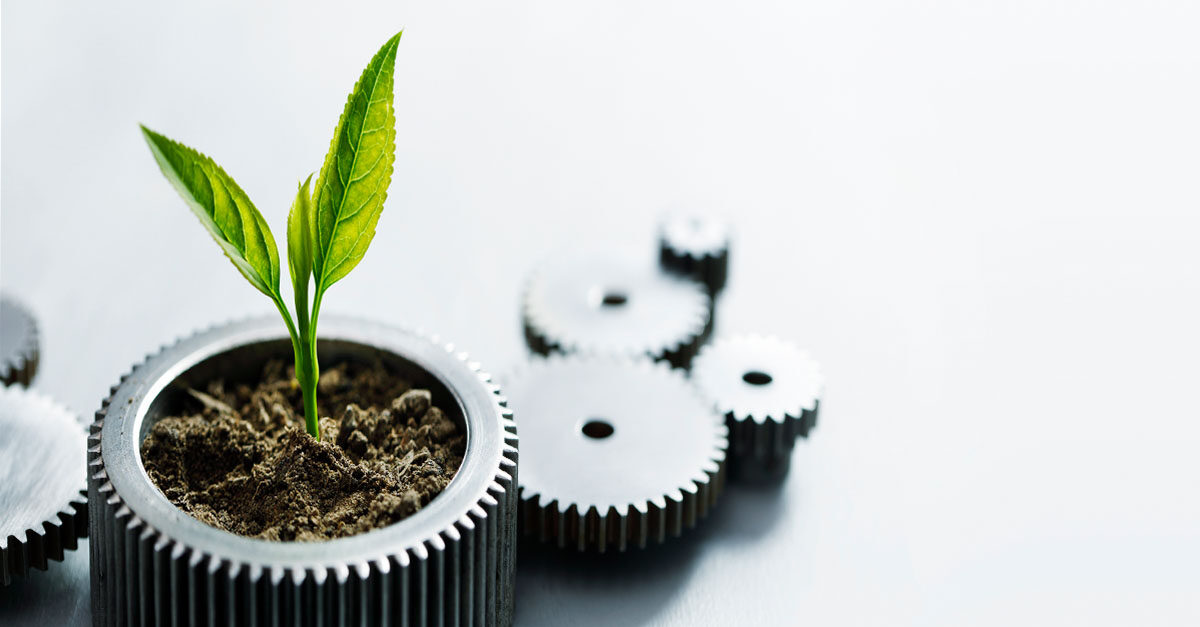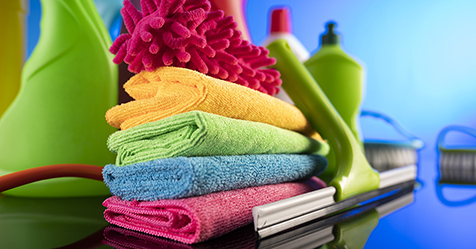2020 was a difficult year as COVID-19 had an enormous impact on the cleaning industry. But with the new coronavirus vaccines being rolled out, 2021 should bring an end to the pandemic and the start of the return to something resembling normal business—and hopefully something even better in both the short and long term.
Short-term lessons
In the short term, it is time to think about the lessons we should retain: Reminding our customers (and society) about the importance of cleaning as an essential part of a public health strategy, selecting the right products, and training workers to use products correctly and without harming their own health. We should also continue to focus on the surfaces that matter most (e.g., high-touch points), take objective measurements of surface cleanliness so data can inform cleaning decisions (e.g., use of ATP meters), and engage building occupants to enable cleaning.
Long-term thinking
It is also important for the cleaning industry to think about the long-term big picture and the issues that are affecting our customers beyond COVID-19.
A recent Kearny study found that 78% of consumers believe companies could be doing more to help customers make decisions that improve environmental outcomes. A Coyote Logistics report found that 81% of companies are more focused on sustainability today than they were three years ago.
According to an EcoVadis survey, supply chains were already vulnerable leading up to the COVID-19 crisis. “The recent pandemic put a magnifying glass on supply chain risks and vulnerabilities,” said Pierre-Francois Thaler, co-CEO of EcoVadis. “As organizations look to rebuild operations, they must ensure strong sustainability practices remain front and center, especially when it comes to supplier selection and relationship management.”
Sustainability equals profitability
In four years, Nyco, a manufacturer of cleaning chemicals, saved tens of thousands of dollars in operating costs by focusing on its sustainability efforts. These savings were particularly impressive because over the same period Nyco increased production by 45%.
EBP Supply Solutions, a cleaning product distributor, has instituted efficiency measures, while also tracking and analyzing its performance data. Compared to 2015, the company reduced energy use by 22%. Over that same period, its energy rates increased by 6%. If it had done nothing over the last five years to reduce its energy use, the company would have paid over $100,000 more in energy costs alone in 2020.
Many cleaning product manufacturers and distributors are participating in the Green2Sustainable (G2S) Program for the cleaning industry. Together, the participants achieved millions of dollars in cumulative savings and avoided costs. They also reduced their carbon footprint by 15%, according to G2S data. Offsetting this amount of carbon would take planting almost 77,000 trees and letting them grow 10 years.
When the coronavirus pandemic has ended, sustainable practices and operations will continue to be a consumer expectation. Permanently adapting these practices will drive bottom-line savings in our organizations as we chart the future of the cleaning industry beyond COVID-19.




